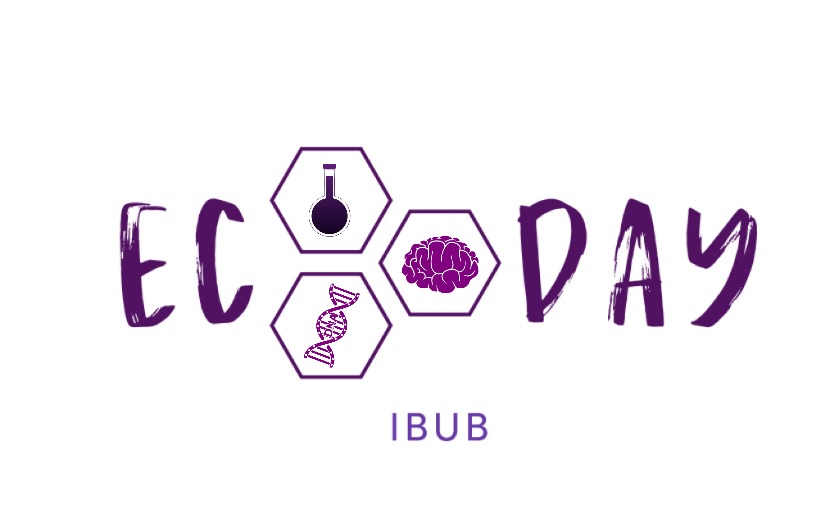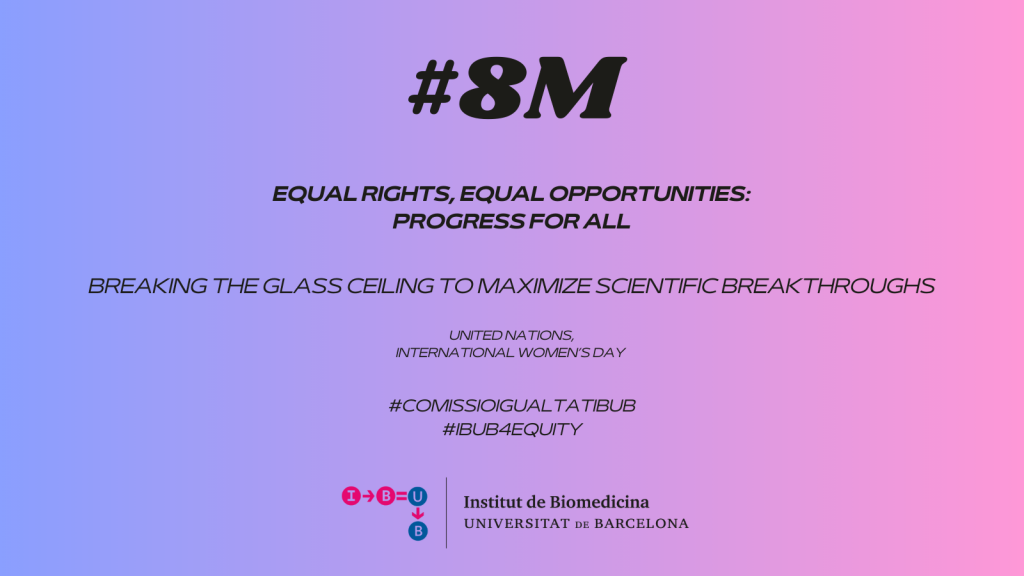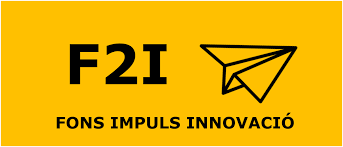The Ramon Margalef Prize, awarded by the Board of Trustees, has been given to a study in the field of computational biology. Specifically, the award has been given to Sergio Ruiz, for his work on an alternative and more efficient method to design drugs. This is a new way to identify molecules that are a starting point for future drugs as they have high chances of coupling to target proteins, those in charge of controlling the action of drugs in the body.
Methods to predict whether a molecule will join the protein of interest are based on affinity, that is, the thermodynamic stability of the complex. The awarded research, however, starts from the fact that molecules create stable complexes (rigid), and that it is possible to tell apart active from inactive complexes by observing how hard to break are some specific interactions. They analyze how specific target molecule-protein complexes are broken in order to get more stable molecules in such union. “That would be seen in an improvement of the affinity and therapeutical action”, notes Sergio Ruiz.
Research against cancer and COVID-19
This method to design drugs completes the already existing ones and allows to multiply its efficiency. The study, published in the cover of Nature Chemistry, has been used in several researches, such as “the search for potential drugs to act on a cancer-involved protein”, notes Sergio Ruiz. Currently, the researcher is carrying out his tasks in the Baker Heart and Diabetes Institute (Australia): “I continue to apply the methods I developed during my doctoral degree in several projects, one of those consists on finding potential treatments for COVID-19”.
In his current position, Ruiz notes his experience in the UB “has been crucial to conduct the research I am interested in, and to know more about other styles of science abroad. My doctoral thesis, supervised by the lecturer Xavier Barril, from the Faculty of Pharmacy and Food Sciences, and member of the Institute of Biomedicine of the University of Barcelona (IBUB), was an enriching experience in all ways, not only in the scientific field”, he concludes.
Reference article
Sergio Ruiz-Carmona, Peter Schmidtke, F. Javier Luque, Lisa Baker, Natalia Matassova, Ben Davis, Stephen Roughley, James Murray, Rod Hubbard and Xavier Barril. “Dynamic undocking and the quasi-bound state as tools for drug discovery”. Nature Chemistry, March, 2017. Doi: https://doi.org/10.1038/nchem.2660
UB New [+]



